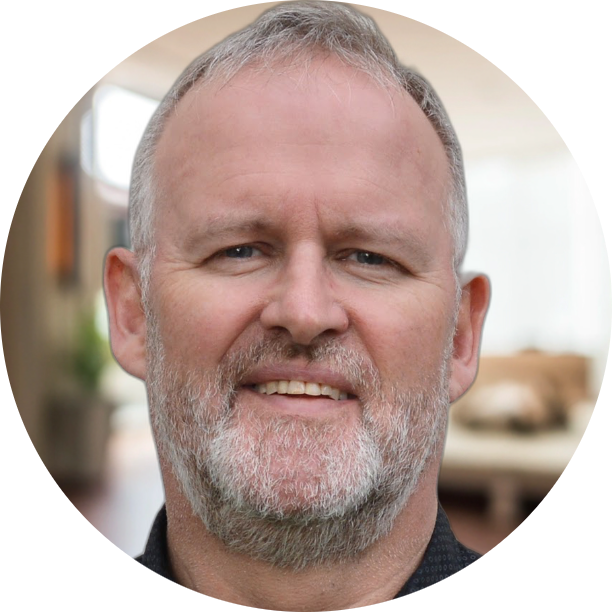Your world is a reflection of you: How your inner self shapes your perception of others and situations
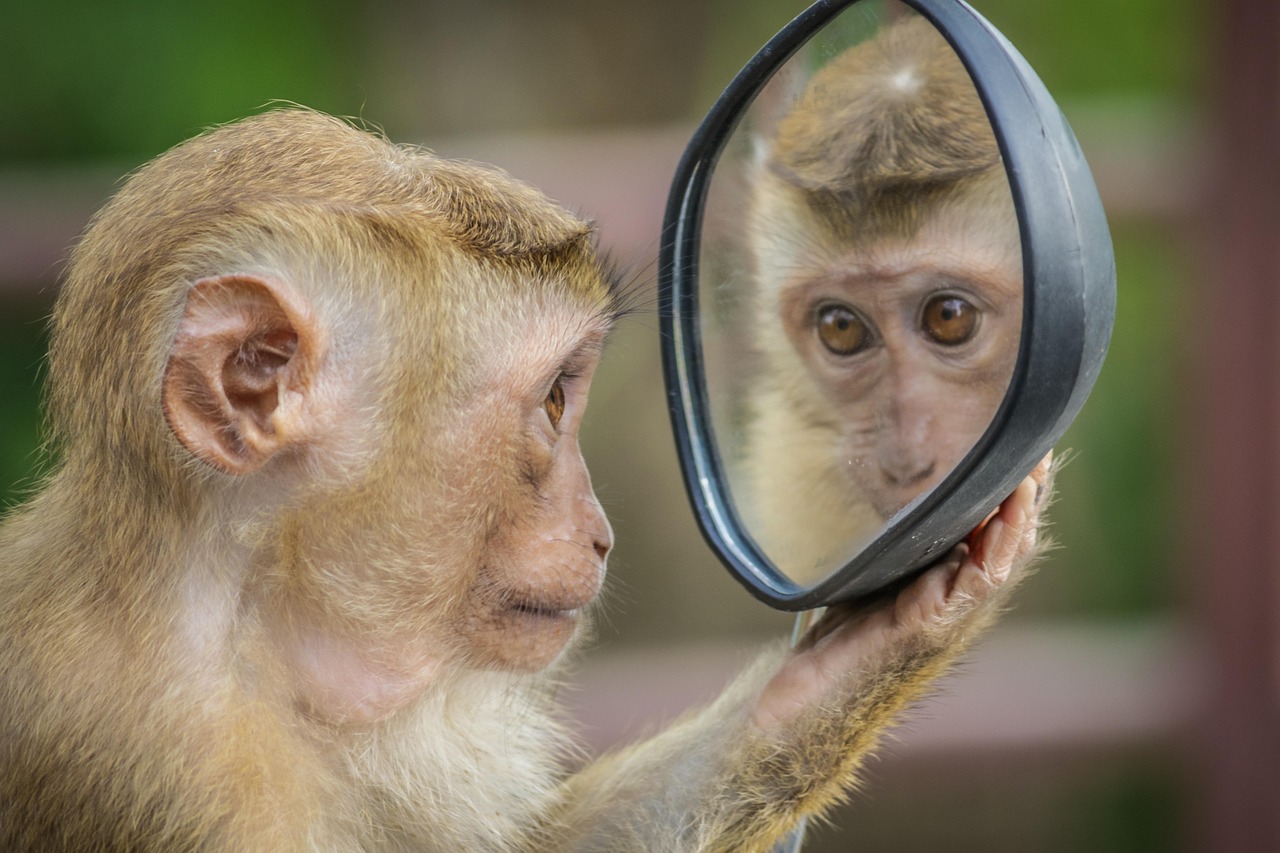
Why we see the world as we are, not as it is
Imagine walking down a busy street. You see a stranger rushing past, barely acknowledging anyone. One person might think, "That’s rude." Another might assume, "They must be in a hurry." A third might wonder, "Are they okay? They seem stressed."
Same person, same action—but three different interpretations.
Why?
Because how we view and perceive people and situations has less to do with them and more to do with us.
Our beliefs, past experiences, emotions, and subconscious biases filter the way we see the world. We don’t experience life objectively. Instead, we interpret everything through the lens of who we are internally.
This means that if you want to change how you see and experience the world, the key is not changing others—it’s changing yourself.
Let’s dive into the psychology behind perception, why we judge others the way we do, and how shifting your internal self can transform the way you see the world around you.
The psychology of perception: Why we see what we expect to see
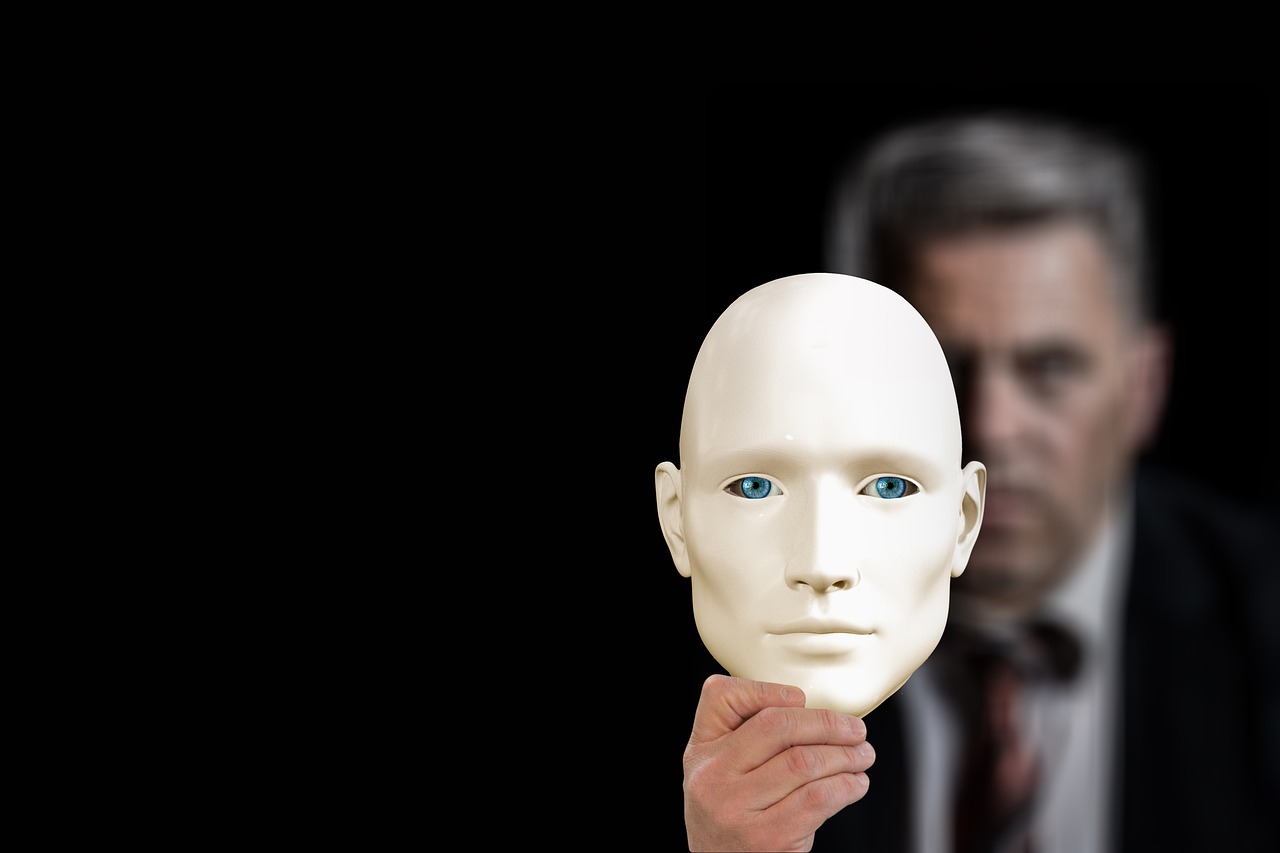
Our brains are designed to make sense of the world by filtering information, recognizing patterns, and filling in gaps. But here’s the problem: our internal programming determines what we pay attention to and how we interpret it.
1. The lens of confirmation bias
We don’t see reality as it is—we see it as we expect it to be. This is known as confirmation bias, where we subconsciously seek out and interpret information that supports our preexisting beliefs.
If you believe people are generally selfish, you’ll notice every act of selfishness and overlook kindness.
If you believe you’re unlucky, you’ll focus on bad events and ignore fortunate moments.
If you think you’re not good enough, you’ll assume others are judging you—even when they’re not.
What we expect to see becomes what we actually see.
2. Projection: Seeing ourselves in others
Have you ever met someone you instantly disliked, even though they hadn’t done anything wrong? Or assumed someone was judging you, when in reality, they weren’t?
This is projection—a psychological defense mechanism where we see in others what we struggle to accept in ourselves.
If we have unresolved insecurities, we might assume others are looking down on us.
If we repress anger, we might see others as aggressive or confrontational.
If we are overly critical of ourselves, we’ll interpret neutral expressions as disapproval.
In other words, how we judge others often reflects something about ourselves—not them.
3. Emotional state: Your mood shapes your reality
Have you noticed how everything looks different when you’re in a bad mood?
When you’re stressed, tired, or anxious, you’re more likely to interpret situations negatively. Someone’s neutral comment might sound like criticism. A minor inconvenience feels like a disaster.
Conversely, when you’re happy and at peace, you’re more forgiving, understanding, and optimistic.
Your external world hasn’t changed. But your internal state has—and that changes everything.
How your inner world shapes your external experiences
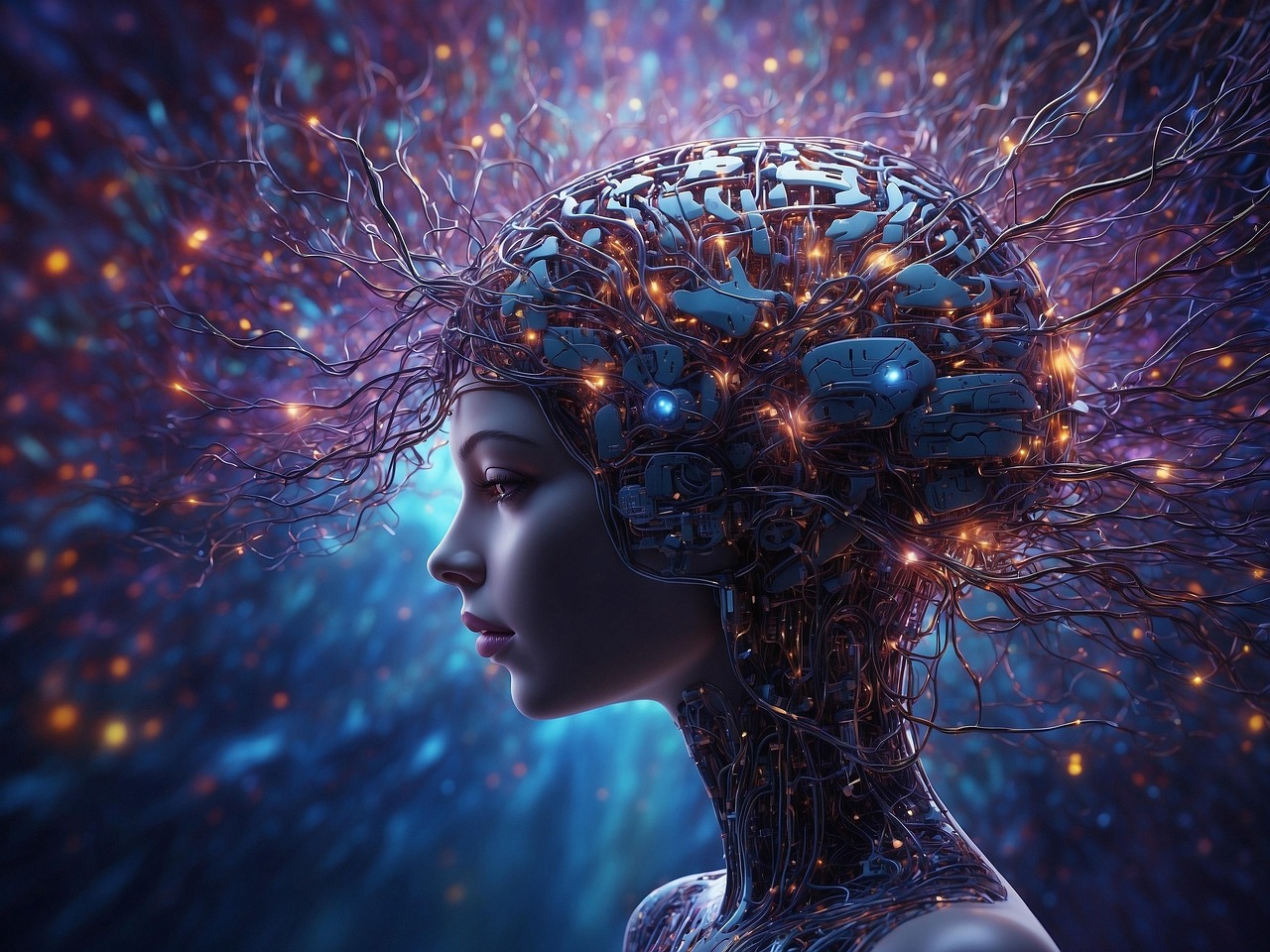
Since our perceptions are shaped by our internal world, it follows that changing our thoughts, emotions, and self-image will change how we experience life.
Here’s how this plays out in different aspects of life:
1. Relationships: You attract what you are
Many people wonder why they attract toxic relationships, why people mistreat them, or why they keep facing the same conflicts.
The hard truth? We attract relationships that match our inner state.
If we don’t value ourselves, we tolerate being undervalued.
If we fear abandonment, we unconsciously push people away or become clingy.
If we believe people are untrustworthy, we’ll either attract dishonest people or misinterpret others' actions as betrayal.
Changing your external relationships starts with changing your relationship with yourself.
2. Success and opportunities: Your mindset creates your reality
Some people seem to attract opportunities effortlessly, while others struggle endlessly.
Is it luck? No—it’s perspective and self-belief.
If you believe success is possible, you’ll take risks, spot opportunities, and persist through setbacks.
If you believe you’re not good enough, you’ll sabotage yourself, miss opportunities, or assume others are against you.
The world doesn’t reward the most capable people—it rewards those who believe they are capable.
3. Stress and conflict: Your reactions shape the situation
Life is full of difficult people and unexpected challenges. But how you respond determines whether these moments define or defeat you.
If you assume people are against you, you’ll respond defensively and create unnecessary conflict.
If you see challenges as personal attacks, you’ll feel like a victim instead of finding solutions.
If you assume the best in people, you’ll navigate conflicts with empathy and wisdom.
The world isn’t always fair. But your internal peace determines whether you react with clarity or chaos.
Changing your perception: 5 transformative shifts
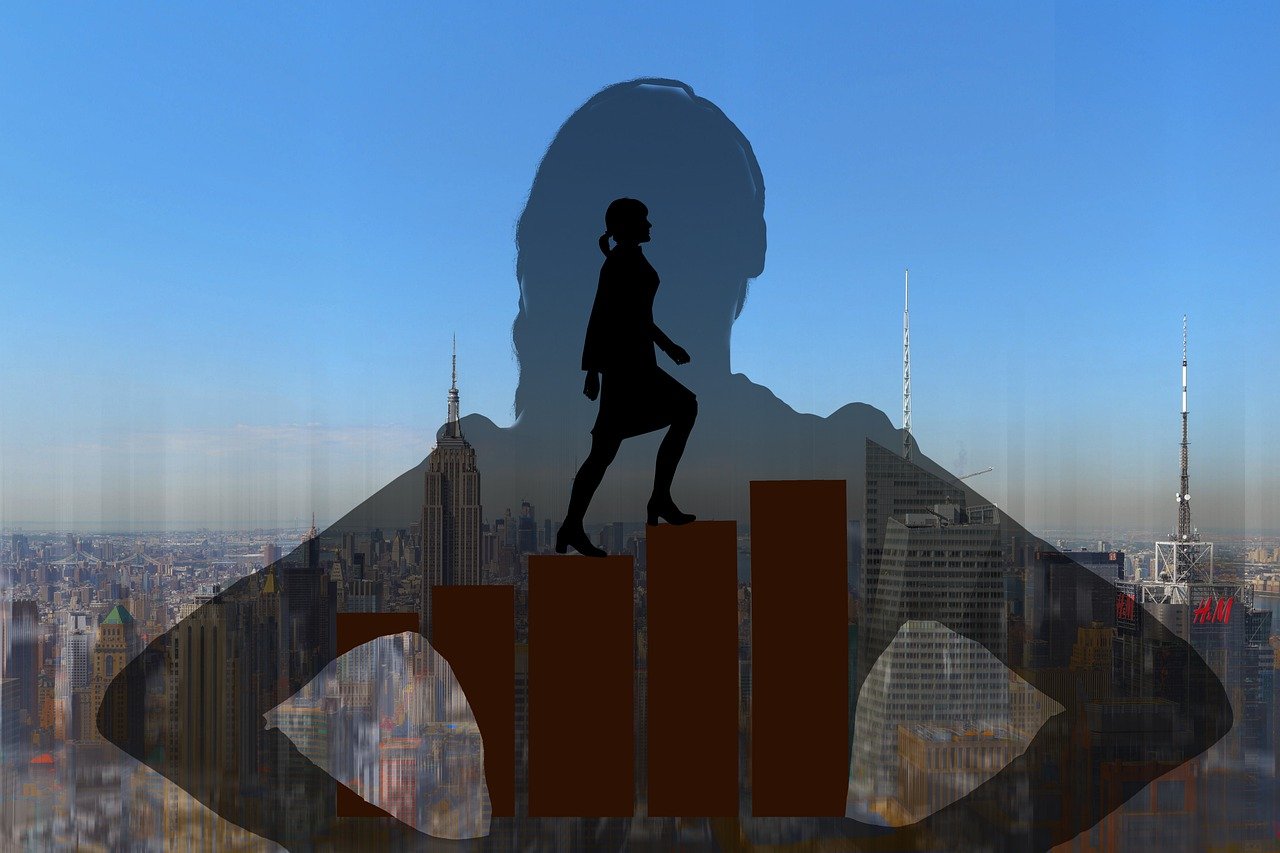
So how do you shift your inner world to change the way you see the external world?
1. Challenge your beliefs
Your beliefs shape your reality. Question them.
Instead of assuming, “People don’t respect me,” ask, “Is this really true, or am I projecting my own insecurity?”
Instead of saying, “I always fail,” ask, “What if I believed in my ability to improve?”
Your beliefs are not facts. They are interpretations. Choose them wisely.
2. Practice self-awareness
Start noticing when you make assumptions about others.
Are you assuming someone dislikes you? Or are you projecting your fear of rejection?
Are you seeing someone as rude? Or are they just having a bad day?
Are you blaming others for your unhappiness? Or is it time to take responsibility for your emotions?
Self-awareness is the first step to transformation.
3. Shift from judgment to curiosity
Instead of judging, try to understand.
Instead of labeling someone as “difficult,” ask, “What might be causing their behavior?”
Instead of assuming the worst, ask, “What else could be true in this situation?”
Curiosity replaces resentment with compassion and fear with understanding.
4. Reframe challenges as growth opportunities
Every setback, rejection, or disappointment is an opportunity to grow.
Instead of thinking, “I failed,” think, “What can I learn from this?”
Instead of, “They disrespected me,” think, “How can I set better boundaries?”
The moment you stop seeing life as happening to you and start seeing it as happening for you, everything changes.
5. Surround yourself with growth-oriented people
The people around you reinforce your perceptions. If you want to elevate your mindset, spend time with those who challenge and inspire you.
Seek out positive, solution-focused individuals.
Limit exposure to toxic negativity.
Engage in environments that expand your thinking.
Your mindset is influenced by your surroundings—choose wisely.
Final thoughts: Change yourself, change your world

You don’t see the world as it is. You see it as you are.
If you constantly face negativity, conflict, or setbacks, the first place to look is within. By shifting your beliefs, emotions, and thought patterns, you don’t just change yourself—you change how you experience life.
Every perception is a mirror. And when you change the person looking into it, the reflection changes too.
So the question is: Who do you want to become?
Because when you change yourself, the world changes with you.
#personaldevelopment #mindsetshift #selfawareness
